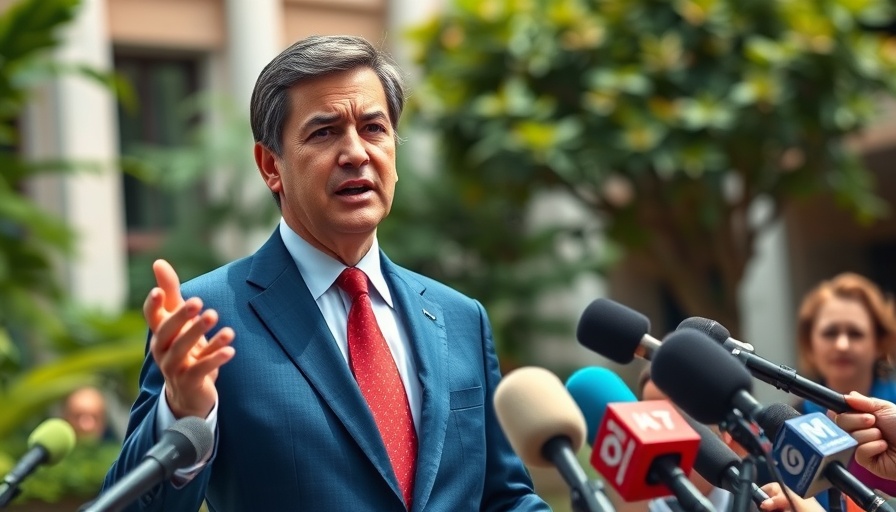
Legal Tango: Fairfax Town Faces Housing Dispute
The town of Fairfax, nestled in Marin County, California, has found itself at the center of a legal storm over its stance on a proposed housing project that has sparked tensions between housing activists and local officials. The project, which aims to construct a 243-apartment building at School Street Plaza, has ignited strong objections from housing activists, leading to threats of litigation against the town.
Activists Mobilize to Challenge Town Decisions
YIMBY Law, a non-profit organization advocating for housing development, has raised alarms over Fairfax's recent declaration that the project is not entitled to ministerial review— a streamlined approval process designed to expedite housing developments. “Should the city fail to follow the law, YIMBY Law will not hesitate to file suit to ensure that the law is enforced,” stated Sonja Trauss, the group’s executive director, in a letter directed to Jeffrey Beiswenger, Fairfax’s planning director.
State Housing Laws Under Scrutiny
The crux of the conflict lies within several state housing laws aimed at promoting development. Under these laws, a project is typically eligible for a ministerial review unless it poses specific significant threats to public safety or health, or fails to meet set planning criteria. As Trauss pointed out, YIMBY Law argues that the objections raised by Fairfax regarding the project’s compliance with town codes—including concerns around high fire zones and the demolition of previously occupied housing—are unwarranted.
Potential Consequences for Fairfax
If the state housing department sides with YIMBY Law and decertifies Fairfax's housing element, the consequences could be significant. The town could be subjected to what’s termed the “builder’s remedy,” which would allow developers to bypass certain local regulations that normally apply. This would mean a flood of housing applications may be submitted, potentially bypassing the town's usual approval processes.
What Does the Ministerial Review Mean?
Under ministerial review, decisions on projects are primarily made based on objective standards such as density, height, setbacks, and other quantifiable criteria. This ensures that projects are evaluated on their merits rather than at the discretion of local officials who may have other biases or interests. The urgency of implementing such housing solutions is part of a broader strategy to combat California’s critical housing crisis.
Local Reaction: A Divided Community
The local community’s response has been split. Some residents and local officials argue that the housing project does not adhere to community guidelines and concerns about the aesthetic and environmental impacts it may pose in a town characterized by its natural surroundings and fire risks. Conversely, housing advocates argue that the failure to develop such projects exacerbates California’s housing affordability crisis.
Competing Narratives and Future Implications
The unfolding legal drama highlights a larger, ongoing struggle within Marin County, and Californian communities at large, regarding housing policies. The balancing act between preserving local character and the urgent need for affordable housing exemplifies the current tensions across many communities. This conflict not only raised questions about local governance but also about accountability in effectively addressing housing needs.
Conclusion: What Lies Ahead for Fairfax
As the town grapples with impending legal actions, the implications of this dispute extend beyond a single development project. The resolution of this issue could set a vital precedent regarding how towns throughout California handle housing proposals and the balance of development versus community preservation. Residents of Fairfax and its neighboring communities, including Mill Valley, Larkspur, and San Rafael, are urged to stay informed as the situation progresses. Engaging in discussions, attending community meetings, and understanding the legal landscape will empower locals to advocate effectively for their interests.
 Add Row
Add Row  Add
Add 




 Add Row
Add Row  Add
Add 

Write A Comment